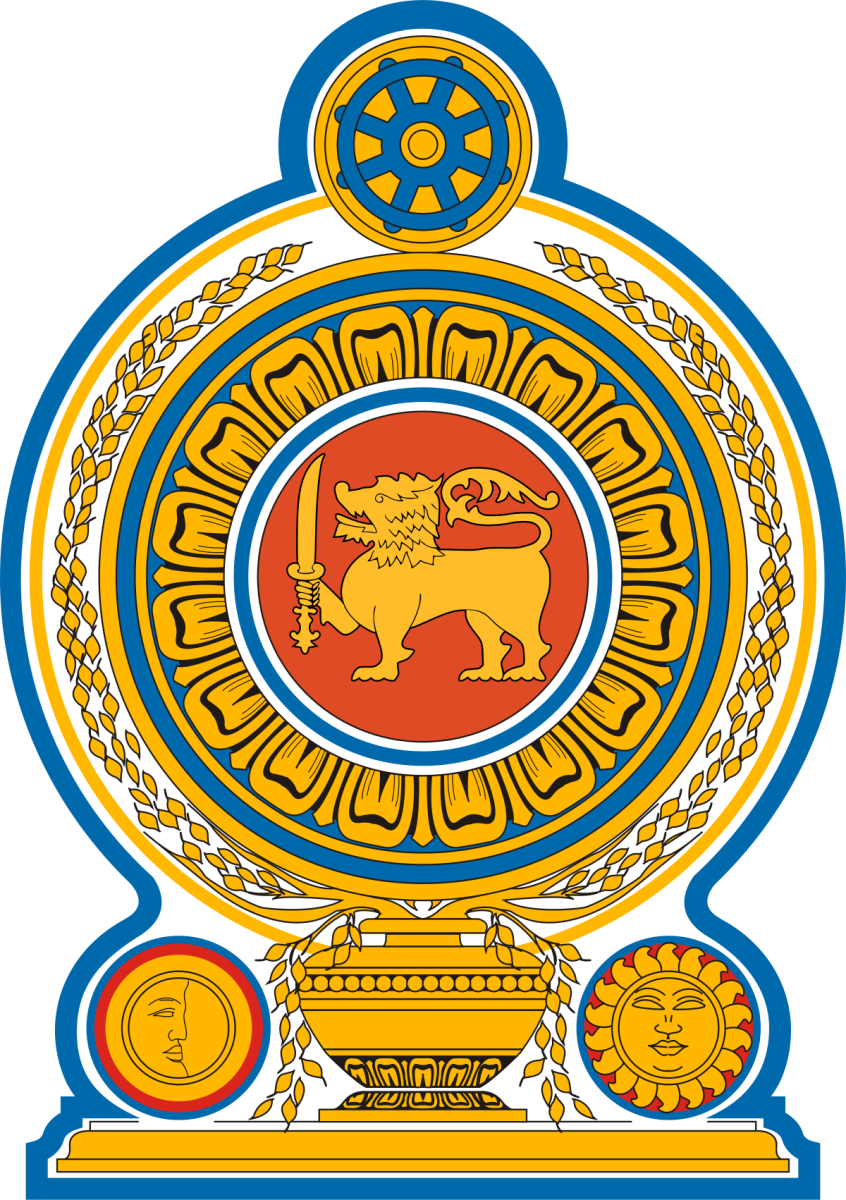
Statement by Mr. Chatura Perera, Minister of the Permanent Mission of Sri Lanka to the United Nations: First Committee – Cluster 4 – Conventional Weapons
80th Session of the United Nations General Assembly: 23 October 2025
Mr. Chair,
Sri Lanka aligns itself with the statement delivered by Indonesia on behalf of the Non-Aligned Movement. Allow me to share some remarks in our national capacity.
We gather at a time when the human toll of conventional weapons remains staggering. The illicit flow of arms continues to fuel conflicts, deepen instability, and levy an unbearable cost on civilians. Behind every report and statistic are families torn apart and communities displaced. We must not lose sight of this human dimension in our discussions.
Mr. Chair,
Sri Lanka emphasizes that the non-fulfillment of commitments under existing legally binding instruments on conventional weapons continues to threaten peace and security. It is the sovereign right of States to acquire and maintain conventional arms for their self-defence and security, in line with the principles of the UN Charter. But with that, the States are also obliged to use conventional arms responsibly and without harming innocent civilians during conflict situations.
States must also prevent the diversion of weapons into illicit markets and to ensure that their use remains consistent with international humanitarian law. The illicit trade in small arms and light weapons remains among the gravest, and sometimes overlooked, challenges. Their accessibility, portability, and excessive spread have horrific humanitarian, security, and socio-economic consequences.
Sri Lanka welcomes the consensual adoption of the outcome document of the Fourth Review Conference on the Programme of Action on Small Arms and Light Weapons. We stress the importance of strengthening makeing, tracing, and border controls, while building the technical capacity of developing countries to implement the Programme of Action and the International Tracing Instrument. In this context, Sri Lanka appreciated the assistance received from the United Nations Regional Center for Peace and Development in Asia and the Pacific (UNRCPD) in 2024 to a series of activities aimed at enhancing the capacity of the Sri Lanka Police for the safe and secure accounting, storage, transportation, and handling of state-held weapons.
We also take note of the adoption of the Global Framework for Through-life Conventional Ammunition Management. Effective ammunition management across its lifecycle is critical to preventing diversion and misuse.
We also join NAM in underlining the need to expedite the establishment of a standing fellowship training programme on small arms and light weapons, and the creation of a dedicated funding mechanism to support effective international cooperation.
Mr. Chair,
Sri Lanka has taken meaningful steps to fulfill its obligations under the Anti-Personnel Mine Ban Convention (APMBC). As a State Party to the APMBC, Sri Lanka completed stockpile destruction ahead of the deadline in 2021. We are continuing with mine clearance with the aim of becoming mine-free nation by 2028. However, this deadline is a challenge in view of the halt in international funding.
Since 2010, Sri Lanka has released more than 254 square kilometers of confirmed hazardous areas, contributing to a total land release of 1,297 square kilometers, enabling the safe return of over 900,000 internally displaced persons and supporting the restoration of public services and economic recovery in post-conflict regions. I take this opportunity to thank our key implementing partners - DASH, SHARP, HALO Trust, and MAG - for their unwavering assistance over the years to make Sri Lanka - a nation free of landmines. We also call for the provision of sustained international assistance to mine action and victim rehabilitation.
Sri Lanka also acceded to the Cluster Munitions Convention in 2018 and we reaffirm the urgency of international support for clearance operations and the rehabilitation of victims, so that no community remains hostage to unexploded remnants of war.
Mr. Chair,
Conventional weapons are increasingly shaped by emerging technologies. Sri Lanka is deeply concerned by the potential development and use of lethal autonomous weapons systems (LAWS). These raise fundamental ethical, legal, and humanitarian concerns. Due to these negative consequences associated with LAWS, Sri Lanka strongly supports the early commencement of negotiations on a legally binding instrument to prohibit LAWS and became one of the main sponsors of the first-ever UNGA First Committee Resolution on LAWS, adopted by an overwhelming majority in 2023, while underlining that international humanitarian law applies fully to all autonomous weapons systems.
Mr. Chair,
Our collective security is undermined not only by illicit arms flows but also by the vast imbalance in weapons production and trade. Sri Lanka supports NAM’s call for a reduction in conventional arms production by industrialized states and for lowering military expenditures, resources that would be better devoted to development and poverty eradication.
Mr. Chair,
The challenges before us are immense, but so too is our responsibility. Sri Lanka will continue to contribute constructively to this Committee’s work, guided by our national experience and our conviction that peace must be built on disarmament, cooperation, and respect for humanitarian principles. We must act with urgency, so that future generations may live in a world where weapons no longer pose a constant threat to their lives.
Thank you.


